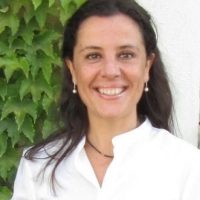
Established in 1868, the Technical University of Munich (TUM) is a top-rank university from the Bavarian State, with a rich history of academic excellence, leadership, interdisciplinary and innovation. It counts on a talented pool of over 15,000 employees and 42,000 students. TUM is particularly well-known for its emphasis on science, engineering, and technology-related disciplines.
Part of the TUM School of Life Sciences, the Institute of Forest Management deals with all the different aspects of sustainability (ecology, economics and social concerns) on a larger spatial scale (beyond the stand level). Research projects in the tropics (e.g. Chile, Ethiopia, Ecuador, Caribbean) allow for these approaches to be applied beyond the analysis of pure forest management options to broader land use concepts. The head of the institute, Prof. Dr. Thomas Knoke focuses on assessing and quantifying possible risks that can severely affect forestry in the form of fluctuating timber prices and natural risks, such as wind, snow, fire and proliferation of insects.
What is our role in CORESCAM?
The CORESCAM project derives from previous work within the SWAMP program, on the responses of mangroves to the 2017 mega-hurricane season in the Caribbean. One of the current objectives is to carry out regional analyses on the drivers that bolster the recovery of coastal and marine ecosystems after extreme events and their implications for policy formulation.

